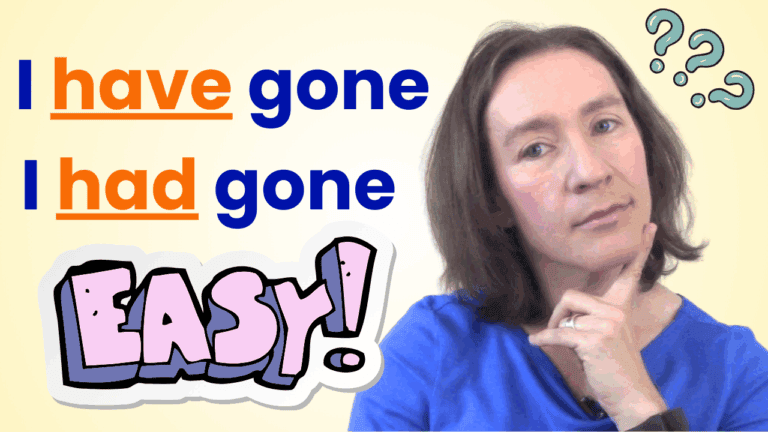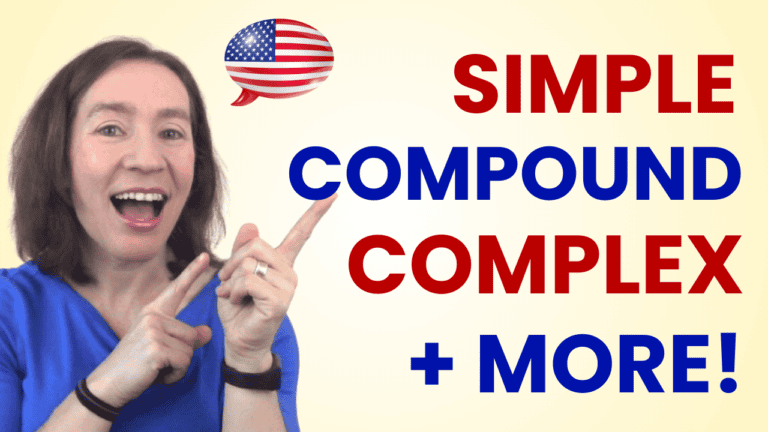
Correct: calendar
Incorrect: calender
When we pronounce calendar, it sounds like -er at the end – but the correct way to write it is with -ar.
Correct: committee
Incorrect: commitee
Remember that a committee is a group of people – and the word committee itself has three “groups” of double letters.
Correct: curiosity
Incorrect: curiousity
The adjective curious contains the letter “u”, but the noun curiosity does not. The strong syllable is also different:
- He was a curious boy.
(CUR-i-ous) - His curiosity got him into trouble.
(cur-i-OS-i-ty)
Correct: definitely
Incorrect: definately
It’s definitely wrong to spell definitely with an “a”!
Correct: embarrassed
Incorrect: embarassed
Make sure to include two Rs in embarrass, embarrassed, and embarrassing.
Correct: forty
Incorrect: fourty
The words four (4) and fourteen have a “u,” but the word forty (40) does not.
Correct: forward
Incorrect: foward
Sometimes forward is pronounced as though the first R wasn’t there, but when written it has two Rs.
Correct: independent, independence
Incorrect: independant, independance
Independent has only Is and Es, but no As!
Correct: knowledge
Incorrect: knowlege
Don’t show your lack of knowledge by forgetting the D in knowledge! Other words that end in -dge include bridge, judge, and pledge.
Correct: necessary
Incorrect: neccessary
Only one C is necessary in the word necessary. (But two Ss).
Correct: occurred, occurring
Incorrect: occured, occuring
The word occur is a more formal word for “happen.” When adding -ed and -ing, we need to double the R: occurred, occurring
Correct: propaganda
Incorrect: propoganda
Propaganda refers to content (articles, advertisements, videos) made specifically to convince you to think a certain way.
Correct: minuscule
Incorrect: miniscule
Minuscule describes something very, very small. It sounds like “miniscule” when we pronounce it, and we do use the prefix mini- to talk about small versions of things… but minuscule starts with minu.
Correct: separate
Incorrect: seperate
We actually usually pronounce this somewhat like sep-rit (when an adjective) and sep-a-rate (when a verb).
Correct: truly
Incorrect: truely
The adjective true has an “e,” but the adverb truly does not.
Learn more: British vs. American English spelling










